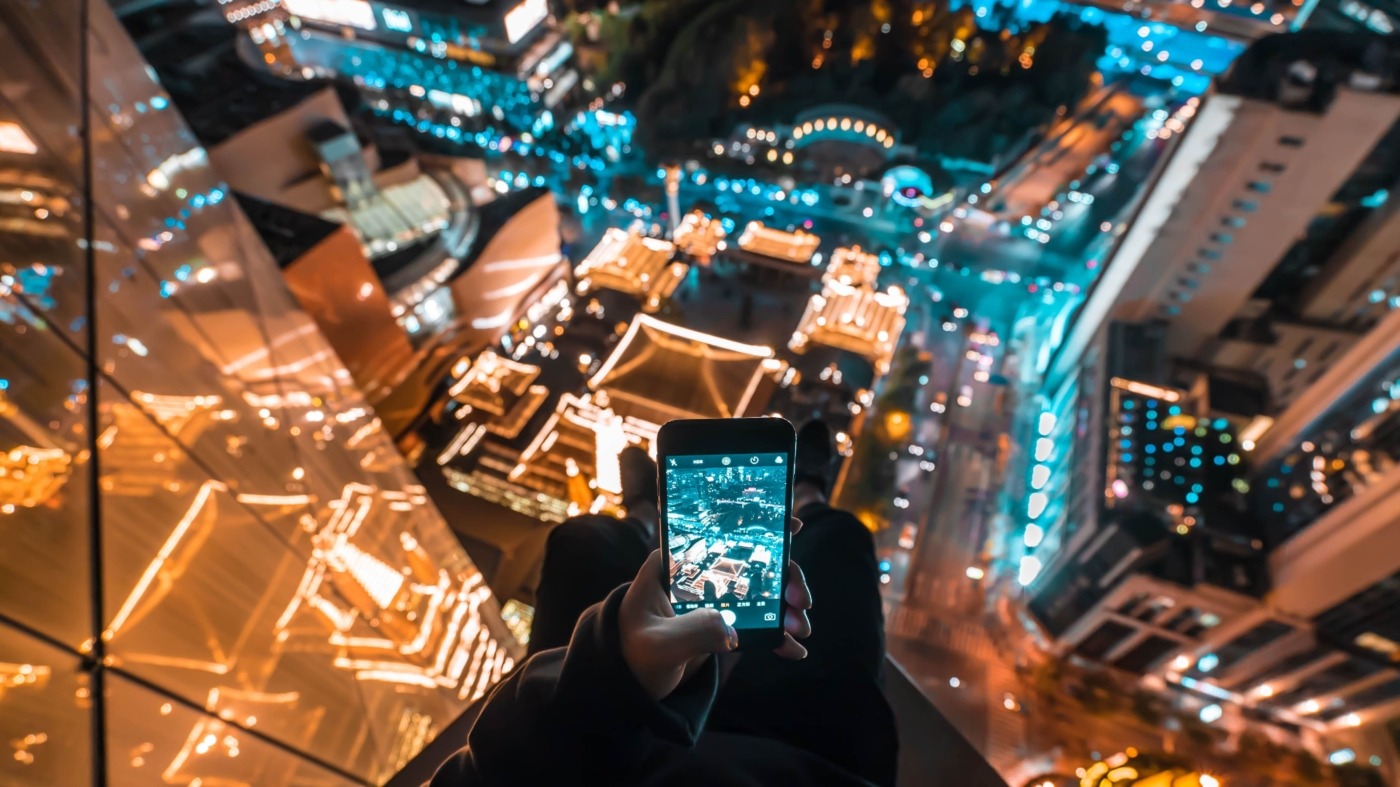Will the Dutch solution to phone addiction help travel?
What do you do when you’re bored? Read a book, go for a walk, take up a painting class even? All those answers might ring true, you might take up that chosen hobby occasionally. But what is more likely – you take a picture of said hobby and post it to any number of social media platforms whilst deliberating the perfect angle or caption to accompany the post.
At this point, it is a well-worn cliché to pontificate on the perils of mobile phones. The age of concern over having your eyes perennially glued to a screen has come and gone. It is a regular fact that phones are as indispensable as hands or brains, or any other major organ which helps the human body act and think. Mobile phones are here to stay. And whilst that is the probably the least surprising thing written today, it is similarly unsurprising to read studies correlating phone use and with negative mental and physical health.
One in five bike accidents involving a cyclist, moreover, were using a smartphone when the accident took place.
The latest country to tackle the phone-health imbalance is in the Netherlands. In a country where there are literally more bikes than people, the country has recently passed a law banning the use of mobile phones whilst cycling. In 2017, the Dutch transport ministry reported devices played a role in 20 percent of accidents of people under 25. One in five bike accidents involving a cyclist, moreover, were using a smartphone when the accident took place.
The number of incidents suggests that mobile phones have become so ingrained in society that they cannot be put down – even when riding a bike. There was a time, many years ago, when phones were an emergency tool. A desperate, last ditch attempt to get hold of a person in the wake of a crisis. Today, the scene is very different. Phones have become a multi-purpose tool for everyday life. For texting and e-mails, contacting family and colleagues alike. They are alarms and stopwatches, flashlights and notebooks. Music players and cameras. A heady blend of Candy Crush or Pokémon Go, or whatever the newest mobile game fad turns out to be.
Phones have become an extension of ourselves and our every routines. Take for example the seemingly innocuous decision to ride a bike. Don’t you simply strap on a helmet and pedal? But what about your music? Jam your headphones in and you’re ready. But wait, what music are you listening to? Is there a new playlist to account for the new songs that you’re listening to? And then you need to let people know you are leaving your house, that you’re on your way. And what about the “pings” as the relentless notifications from Facebook, Twitter, Instagram, Snapchat, WhatsApp come in. The death of 13-year-old Tommy-Boy, who was killed in a bike incident in 2015 whilst creating a playlist for his sister’s birthday, is as tragic as it is absurd.
Is banning phones the answer? The reality – however unfortunate – is that phones remain a necessity in the working world. People will always need to contact their bosses when their cars/ trains/ bikes/ preferred method of transport is delayed. People will always need to submit a last-minute deadline by the tap of a button whilst rushing out of the door. People will always need to set daily alarms and reminders and notes regarding the day ahead. There is a reason that Apple can price their newest iPhones at $1,000 dollars apiece.
Phones are necessary. But not all the time. Sometimes you need to make that urgent phone call. Sometimes you need to set a reminder for that one task which always slips your mind. But other times, check if it is always a burning priority. The incessant “zombie check” addiction to phones. The endlessly scrolling for hours through Instagram. The constant tapping of your phone screen in expectation that it will light up. Downloading the newest popular game to fill the daily commute.
Ultimately, banning phones remains a quick fix to the problem. It is a start – even if it doesn’t offer a solution to the hours spent staring blankly at a screen. But in the interim, those precious minutes travelling to work in the Netherlands where the phone is stashed away, other possibilities open up. Look around. Breathe in the fresh air. Take in the sights and smells and sounds of the place you live in without feeling the quiet urge to take a picture of it. And for those few minutes, divert your addiction from the phone landscape to the real one.

Comments
Comments are closed here.